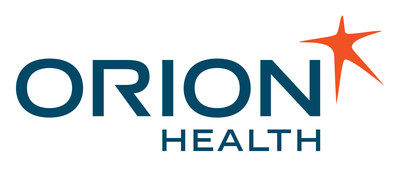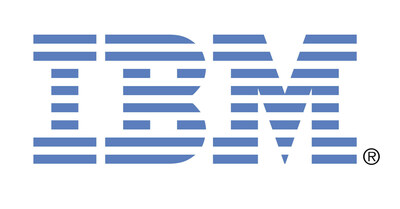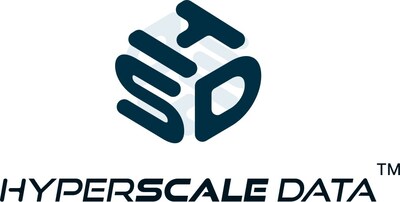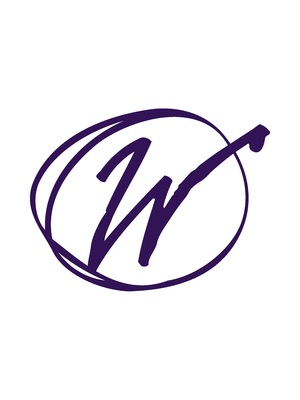Year in Review: What 2017 Taught Us About the Changing Landscape of Data Integration
Press Releases
Jan 16, 2018
SCOTTSDALE, Ariz., Jan. 16, 2018 /PRNewswire/ — The future of healthcare is in its data, and easy exchange of data is the future of the industry. The Orion Health Knowledge Hub featured over 120 original blog and video posts in 2017 related to this topic.

Orion Health offers a full spectrum of data-driven healthcare solutions, from integration and interoperability to population health and precision medicine. The company accommodates healthcare organizations no matter where they are on their technology-adoption journey, leading to improved healthcare delivery and greater outcomes as they move through the data-platform continuum.
Here are the organization’s most popular entries of the year.
To subscribe to the Orion Health blog, click here.
Making the interface engineer’s job easier
The major EMR vendors work hard to keep users on existing EMR platforms as long as possible, even if it means preventing users from taking advantage of big data, enhanced computing, increased data storage, and the financial incentives of value-based care. In this short clip, Damian Leopard, solutions consultant at Orion Health, explains why a hospital’s integration department no longer needs to go back to their EMR, financial system or HIS system vendor to ask for a new interface to be able to exchange information—such as patient demographics—with a new system downstream.
The security advantages the cloud gives us
A 2017 HIMSS Analytics Cloud Survey found that 65% of healthcare organizations currently use the cloud or cloud services. Several hospitals have moved to a totally “data-center free” environment. In this video, Steve Crusenberry, senior vice president, SaaS and operations, discusses the benefits of cloud storage over the use of traditional data centers. One key benefit to the cloud, Crusenberry explains, is that it gives users a deeper set of security controls, because many security tools and technologies are built into today’s cloud platform in order to keep patient records safe from prying eyes.
Does your health IT vendor protect you from ransomware?
According to the Identity Threat Resource Center (ITRC), 30% of all U.S. data breaches affect the healthcare sector, second only to the business sector. HIPAA Journal’s November 2017 Healthcare Breach Report showed that while the number of breaches was down month on month, the number of individuals impacted by healthcare data breaches actually increased.
Gerard Scheitlin, Orion Health’s chief risk officer and VP of security, risk, and assurance, shares the importance of asking IT vendors how they prevent and deal with ransomware attacks. In order to properly assess how prepared they are for a potential breach, Scheitlin advises asking IT vendors to explain their approaches to five key areas:
- Prevention
- Social engineering
- Reaction
- Technology
- Process
The seamless integration of systems
There are best practices for developing user profiles that improve data access for providers, rather than impeding it. Instead of only addressing the who of data access, user profiles ought to address why that data is being accessed to help support the various combinations of access and priority. It’s important to note that filtering by user profile and identity are not mutually exclusive approaches. By gatekeeping data access based on user credentials as well as identity, more of the right data becomes accessible without compromising security.
The two phases of machine learning in healthcare
A recent PWC study found that 39% of provider executives are investing in artificial intelligence, machine learning, and predictive analytics. In this video, Jeff Turpin, Orion Health’s director of product development, discusses the two phases of classic machine learning in healthcare and explains why access to real-time data is crucial for minimizing readmission risks and improving outcomes for patients.
Tailoring alerts to how physicians prefer to work
In this clip, Turpin talks about information overload and how it can be a huge issue for clinicians. However, having too little information can be a problem, too. A configurable, modern platform can increase users’ productivity by giving them the ability to tailor alerts in real time and minimize the time spent looking for the right information when they need it the most. Data is key to making the right decisions and fine tuning your systems so they can perform optimally in your setting.
Orion Health blog and video posts are curated on the company’s Knowledge Hub. Launched in early 2016, Orion Health’s Knowledge Hub is the place for experts to share their vision in the form of insightful videos, white papers, case studies, reports, webinars and blog posts. With a focus on enabling healthcare organizations to better serve patients everywhere, topics include interoperability, precision medicine, population health, value-based care, real-time analytics, artificial intelligence, EMRs, open APIs, care coordination, public health, and various other current trends and issues relevant to CIOs and other healthcare leaders. In healthcare, anything is possible with the right vision and the right technology, and Orion Health offers their Knowledge Hub as a way for healthcare leaders to navigate the ever-changing landscape of patient care so they can constantly improve the services they offer as we enter a value-based world.
About Orion Health
Orion Health is a global healthcare technology company delivering interoperability, population health and precision medicine solutions. Thousands of clinicians use Orion Health software to deliver care for more than 100 million patients in more than 25 countries. The company employs over 1,200 people globally and is committed to continual innovation. For more information, visit orionhealth.com.
Media Contact:
Marcia Rhodes: 480.664.8412 ext. 15; [email protected]
![]() View original content with multimedia:http://www.prnewswire.com/news-releases/year-in-review-what-2017-taught-us-about-the-changing-landscape-of-data-integration-300582625.html
View original content with multimedia:http://www.prnewswire.com/news-releases/year-in-review-what-2017-taught-us-about-the-changing-landscape-of-data-integration-300582625.html
SOURCE Orion Health




